Do you enjoy creating new things with your hands (and a blowtorch)?
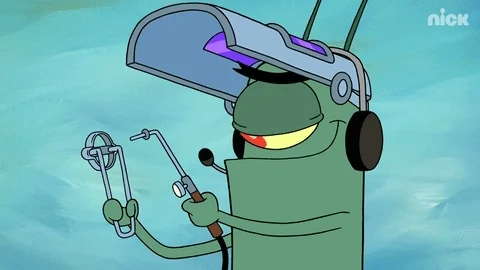
Are you an analytical thinker who enjoys problem-solving and detailed work?
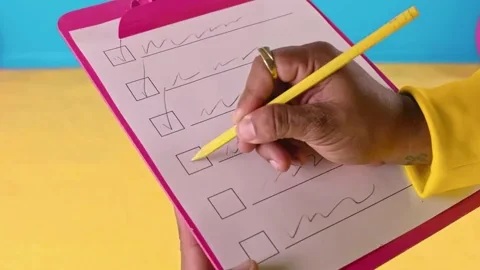
Do you want to positively impact your community by building bridges, improving gas and water pipelines to homes, or even creating art?
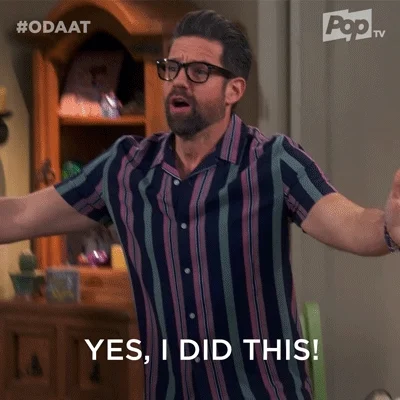
If you answered yes, you might enjoy a career as a welder!
What does a welder do?
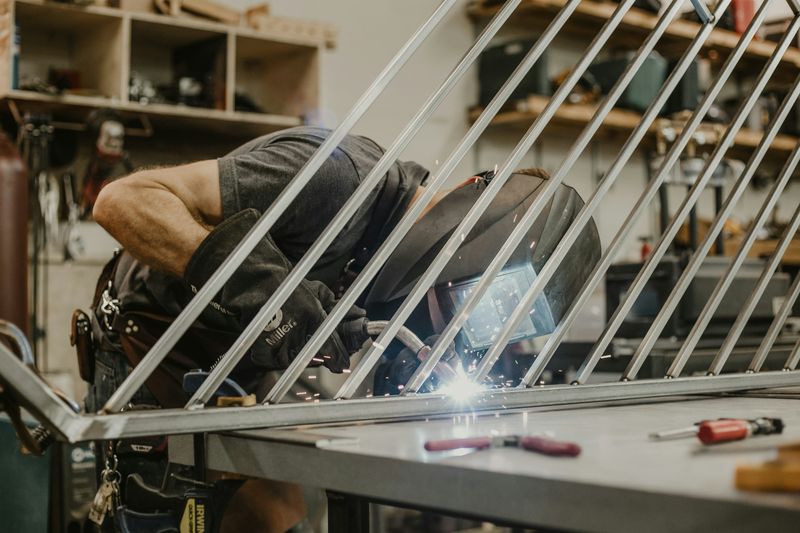 Photo by Syd Mills on Unsplash
Photo by Syd Mills on UnsplashAll welders’ work involves using a flame to join, bend, or cut pieces of metal.
Welders can work in construction, industrial, commercial sites, and more.
There are many specializations within welding that have their own skills and applications, such as:
Welder fabricators: Create custom cars and motorcycles.
Ironworkers: Build structures like bridges and stadiums.
Pipefitters: Connect pipes to move natural gas or water to homes or factories.
Shipfitters: Repair damage to a tugboat's hull.
What skills does a welder use?
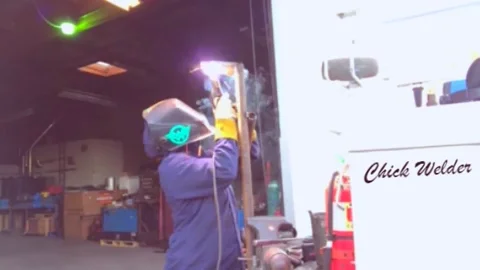
Welders use a variety of both hard and soft skills in their work.
Some examples are:
Hard Skills
Reading blueprints
Math for measurements and angles
Safe use of fire and equipment
Hand-eye coordination
Soft Skills
Problem-solving
Critical thinking
Collaboration
Punctuality
Quiz
Jordan is a high school sophomore considering a career in welding. Which class(es) would best help them build skills that welders need?
What does a typical day look like?
A welder’s typical day depends on their specialty. Most welders work shifts in a shop, factory, or job site.
Meet Taylor, a welder fabricator at a construction site.
 They work a 10-hour day shift 4 days a week from 8:00 am - 6:00 pm. Their daily schedule may include:
They work a 10-hour day shift 4 days a week from 8:00 am - 6:00 pm. Their daily schedule may include:
8:00 am: Arrive at the job site. Review the plans and blueprints for today's work.
8:15 am: Pick the right equipment and check it for safety.
8:45 am: Put on personal protective equipment (PPE).
9:00 am-5:00 pm: Do the welding tasks for the day, stopping for water and lunch.
5:00 pm: Get the supervisor's sign-off on their work.
5:10 pm: Clean up the work area for the next shift.
5:45 pm: Remove PPE. Clean and store equipment.
What kind of experience do I need?

Education: Get a high school diploma or GED.
Certification: Complete initial training in welding, usually a certificate or associate’s degree program (6-18 months).
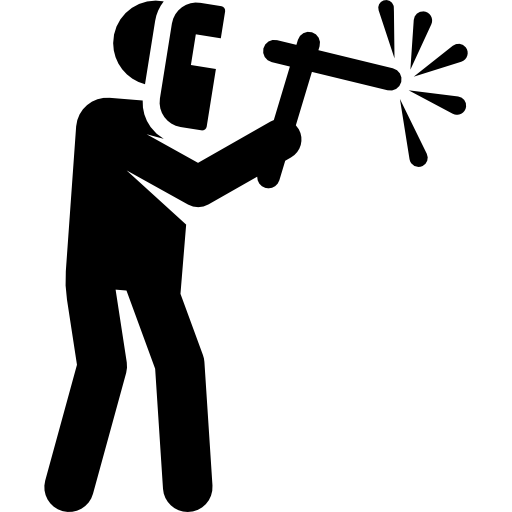
Apprenticeship: Gain hands-on experience in the type of welding you want to do.
Professional credential: Once you've finished your training, earn a general or more specific professional welding credential. Then apply for jobs.
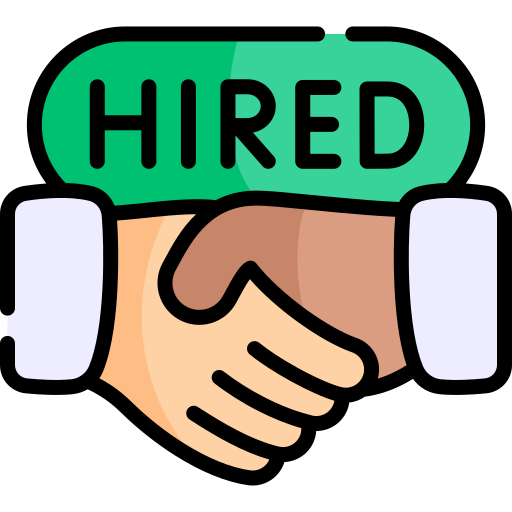
Further education (optional): Obtain a Bachelor’s (4-year) degree in welding, materials science, welding engineering, etc, can open up other careers like welding inspector or welding engineer.
How much do welders make?
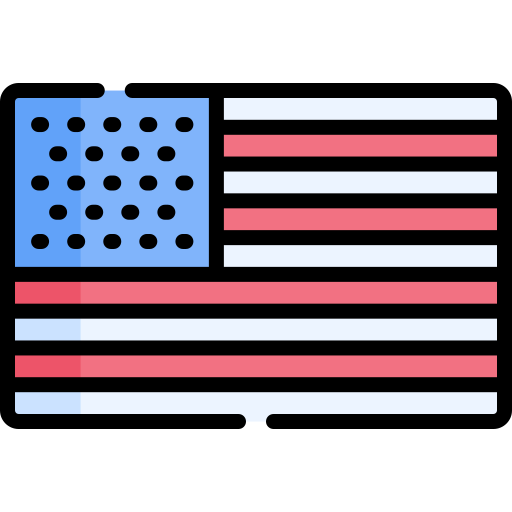 United States
United States
Welders earn an average of $22.30 USD an hour, which is about $50,000 a year.
 Canada
Canada
Welders earn an average of $28.69 CAD an hour, which is about $60,550 a year.
More specialized or experienced welders can earn more, into the $90,000-$100,000 USD range.
Is welding right for me?

You'll love it if you...
Like working with a team.
Enjoy making something with your own hands.
Might not want to get a 4-year degree.
Don't mind getting hot or messy at work.
Are detail-oriented and thorough.
Look for another career if you...
Want to work at a desk every day.
Don't like working with fire or heavy equipment.
Want to make your own hours.
Don't want to stand for a long time or lift equipment at work.
Take Action
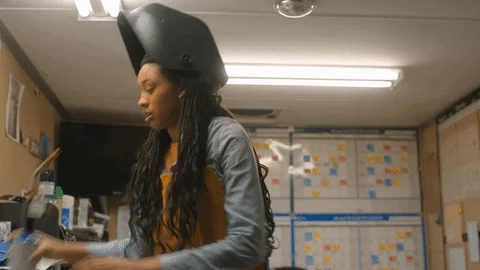
Does welding sound like a good fit for you? If so:
Your feedback matters to us.
This Byte helped me better understand the topic.
